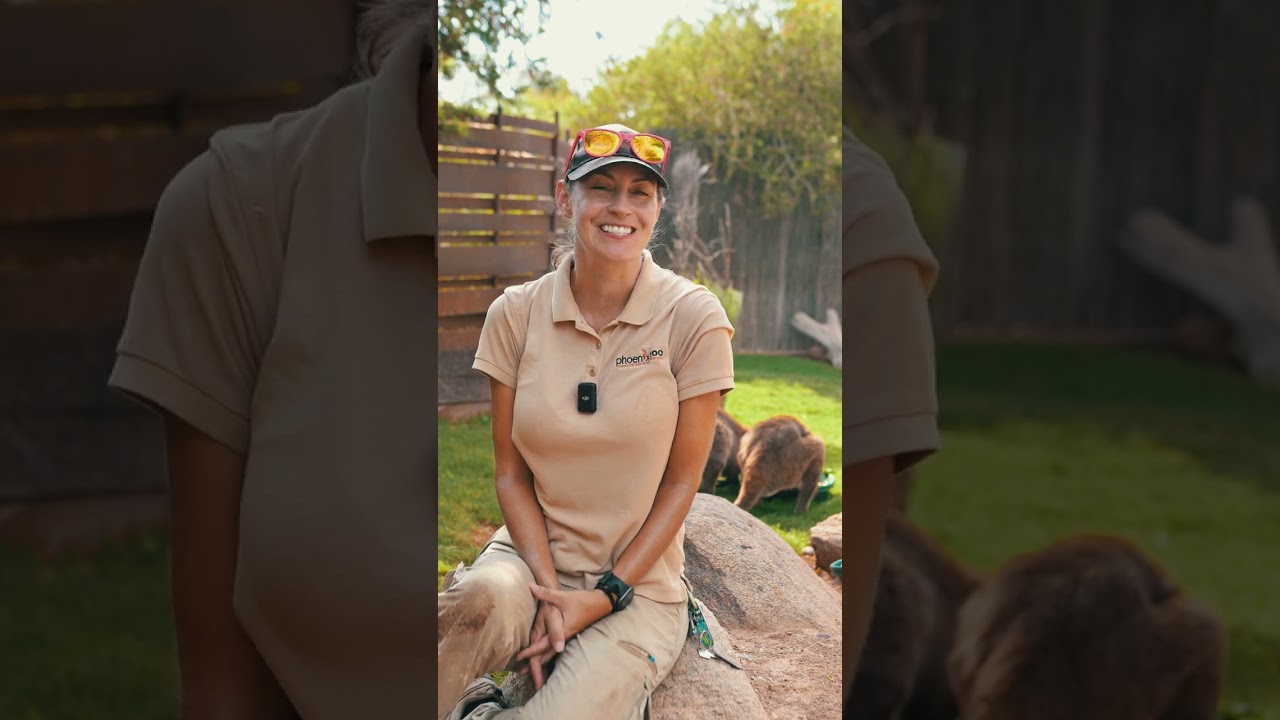- Importance and Objectives of National Zookeeper Week
- Roles and Responsibilities of Zookeepers
- Challenges Faced by Zookeepers
- Contributions of Zookeepers to Wildlife Conservation
- Kate’s Journey and Experiences as a Zookeeper
National Zookeeper Week is a time dedicated to recognizing the hard work and devotion of zookeepers worldwide. This annual celebration, typically held in mid-July, acknowledges the critical role these professionals play in animal care, conservation, and education. National Zookeeper Week aims to not only celebrate the tireless efforts of zookeepers but also to raise public awareness about their multifaceted work.
Zookeepers are often seen engaging directly with animals, but their responsibilities extend far beyond feeding and cleaning. A zookeeper’s role is vital in ensuring the physical and mental well-being of animals within their care. This involves meticulous daily routines, enrichment activities to stimulate animal behavior, and administering medical care under the guidance of veterinarians. Zookeepers also contribute significantly to conservation efforts by participating in breeding programs aimed at preserving endangered species.
Despite their dedication, zookeepers face numerous challenges. They work in all weather conditions, navigate the inherent risks of dealing with wild animals, and often endure physically demanding tasks. Additionally, the emotional toll of working with sick or dying animals is a profound aspect of their job. Zookeepers must balance the joys of observing animal behavior and building bonds with the pain that sometimes accompanies their responsibilities.
Kate, a seasoned zookeeper with over a decade of experience, embodies the essence of dedication and resilience that National Zookeeper Week seeks to honor. Her journey began with a love for animals and evolved into a profession marked by numerous memorable moments and lessons. Kate’s experiences, including the nurturing of newborns and managing complex species-specific behaviors, highlight the intricate and rewarding nature of zookeeping.
Kate’s passion for animal welfare has driven her to engage in various conservation projects. She has worked on breeding programs for critically endangered species such as the Amur leopard and the Sumatran orangutan. These initiatives are not only vital for species survival but also contribute to genetic diversity and ecological restoration efforts. Moreover, Kate frequently collaborates with international conservation organizations, sharing her knowledge and expertise to enhance global wildlife preservation strategies.
The role of zookeepers in educational outreach cannot be overstated. Through guided tours, educational talks, and interactive exhibits, zookeepers like Kate educate the public about wildlife conservation. These efforts foster a deeper understanding of the natural world and inspire visitors to participate in conservation activities. Education is a cornerstone of modern zoos, and zookeepers play a pivotal role in translating complex biological concepts into engaging and informative experiences for visitors.
Another significant aspect of a zookeeper’s job is animal enrichment. Enrichment activities are designed to enhance the animals’ physical and mental well-being by encouraging natural behaviors. These can include puzzle feeders, novel scents, and environmental changes that stimulate curiosity and problem-solving skills. Kate has been actively involved in developing innovative enrichment programs tailored to the specific needs of various species. Her creative approaches have not only improved the quality of life for the animals but also provided valuable data on species behavior.
In addition to direct animal care, zookeepers like Kate also contribute to scientific research. They collect data on animal health, behavior, and breeding patterns, which are crucial for conservation biology. This data helps shape conservation policies and management practices both within and beyond the zoo setting. Kate has co-authored several research papers, highlighting her commitment to advancing scientific knowledge and promoting evidence-based conservation strategies.
The bond between zookeepers and the animals they care for is unique and profound. This relationship is built on trust, patience, and mutual respect. Zookeepers must understand and interpret subtle behavioral cues to provide optimal care. Kate’s bond with a rescued Asiatic elephant named Tara exemplifies this connection. Through gentle training and positive reinforcement, Kate and Tara have developed a strong rapport, illustrating the importance of human-animal relationships in modern zookeeping.
National Zookeeper Week serves as a reminder of the essential work these professionals do every day. By shining a spotlight on their contributions, we can better appreciate the complexities of zoo management and the critical role zoos play in wildlife conservation. Zookeepers are the unsung heroes of the animal kingdom, dedicating their lives to the care and preservation of some of our planet’s most vulnerable species.
Through the lens of Kate’s experiences, we gain a deeper insight into the daily life of a zookeeper. Her story reflects the passion, resilience, and expertise required to excel in this field. As we celebrate National Zookeeper Week, it is important to recognize and support the ongoing efforts of zookeepers worldwide. Their work is invaluable in fostering a sustainable future for wildlife and promoting a greater understanding of the natural world.
*****
Source Description


